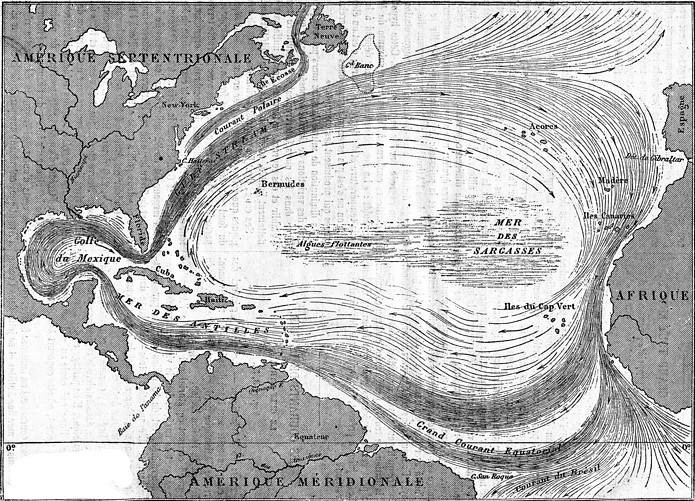
Scientists are warning that global warming could be the cause of the Gulf Stream weakening at an “unprecedented” scale.
The Gulf Stream — a large part of which is called the Atlantic Meridional Overturning Circulation (AMOC) — is one of the earth’s most important sources of heat redistribution.
In a recent article published in the journal Nature, scientists have found that:
“There is evidence that the AMOC is slowing down in response to anthropogenic global warming — as predicted by climate models — and that the AMOC is presently in its weakest state for more than 1,000 years.”
Data taken from a variety of sources has given scientists a historical picture of how the Gulf Stream has evolved since around 400 AD:
“Before the nineteenth century, the AMOC was relatively stable. A decline in the AMOC, beginning during the nineteenth century, is evident in all the proxy records. . . . Around 1960 there began a phase of particularly rapid decline that is found in several, largely independent proxies. A short-lived recovery is evident in the 1990s before a return to decline from the middle of the first decade of the 2000s.”
Scientists really need to understand more of why this slowdown of the Gulf Stream is taking place, according to the article:
“The next step is to resolve which components and pathways of the AMOC have altered, how, and why — no small feat, and requiring a community effort that combines observational, modelling and palaeoclimatological approaches.”
You can read the full article here.


